In an unprecedented move for the 44-year-old organization, the Fédération des communautés francophones et acadienne (FCFA) du Canada unveiled a complete and thorough bill proposal today to modernize the Official Languages Act. The bill, prepared by knowledgeable legal experts, includes several changes that the FCFA deems necessary for the full implementation of the Act and to give new momentum to Canada’s linguistic duality.
“This bill shows that we are serious about this issue, and with good reason. At the very moment when our country is marking the 50th anniversary of the very first Official Languages Act, French and linguistic duality are under attack in some regions of the country. It has never been more urgent to reaffirm that linguistic duality is a core Canadian value. Modernizing the Official Languages Act goes a long way to this end,” explains FCFA President Jean Johnson.
The FCFA’s bill puts forward four key series of changes to the Act:
- It designates a central authority within the federal government with the power to issue guidelines to and demand results from federal institutions regarding the implementation of the Act;
- It confirms the right of official language minority communities to participate in the implementation of the Act, namely with the creation of an advisory board;
- It creates effective accountability mechanisms, such as an official languages tribunal, and reinforces the role of the Commissioner of Official Languages;
- It broadens the scope of rights and obligations within the Act, including the obligation for Supreme Court judges to be bilingual, the inclusion of clauses regarding support for official languages in every fund transfer agreement with provinces and territories, and the obligation for the federal government to develop immigration policies designed to foster linguistic duality.
The bill proposal also fixes an issue created by a recent Federal Court decision regarding the obligation for federal institutions to take positive measures to enhance the vitality of official language minorities and support their development. In a ruling in the spring of 2018, Judge Gascon argued that this obligation was vague and entailed few specific requirements. The FCFA has ensured that this obligation will be much more specific going forward.
The FCFA has been working on this bill proposal with several Francophone organizations from across the country for over a year and expects that it will inspire not only the work of federal parliamentarians, but also party platforms going into next fall’s federal election.
“We’ve met with over 100 MPs and senators over the past year and we’ve conveyed that we want to work with them for real, substantial and durable change that will last for generations in terms of official languages in this country. This is why we’ve invested all of this effort in the bill we’re presenting today. This time we have to get it right. We can’t afford to miss our shot,” says Mr. Johnson.







